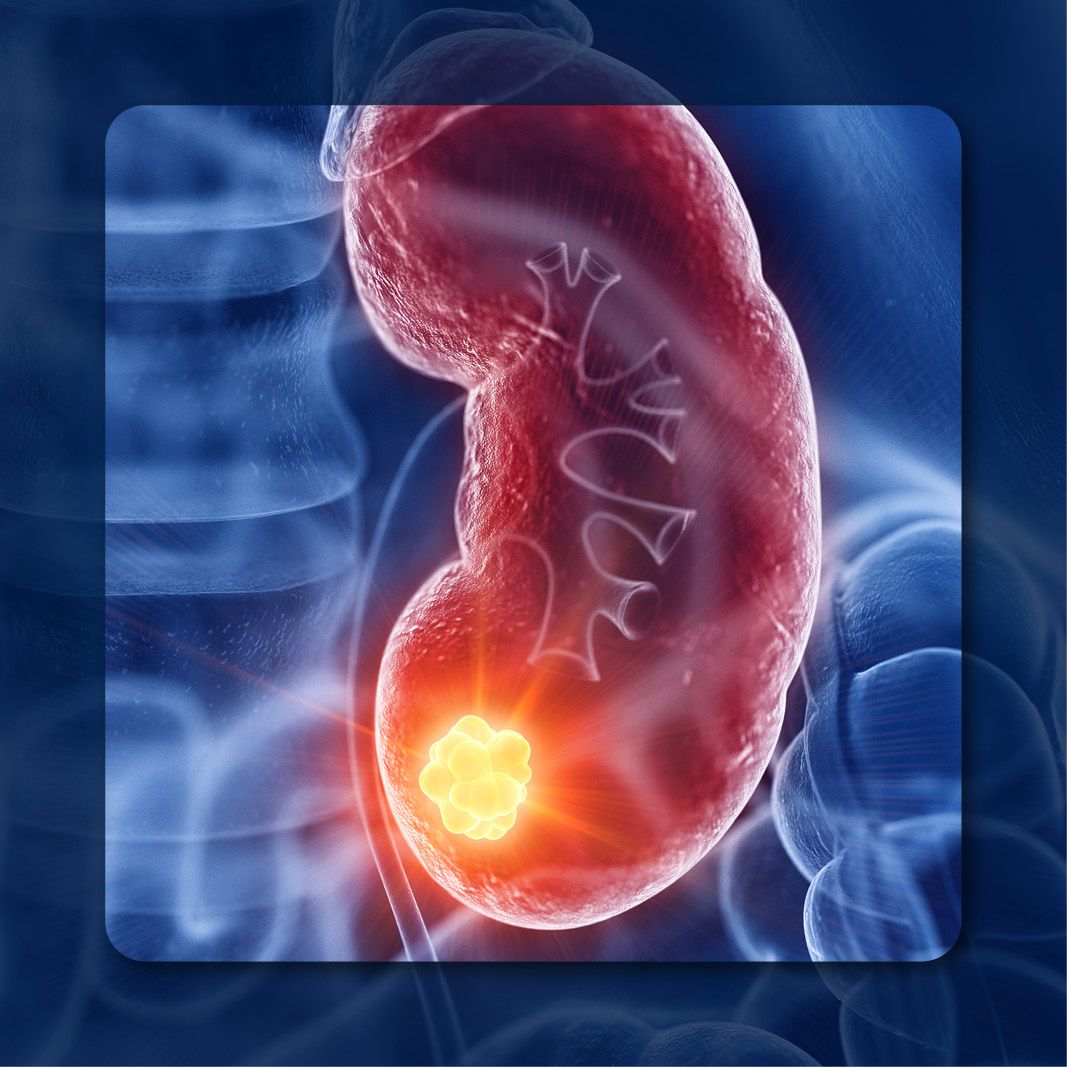Video
Dr. Shah on the Rationale for the KEYNOTE-590 Trial in Esophageal Carcinoma
Author(s):
Manish A. Shah, MD, discusses the rationale for the phase 3 KEYNOTE-590 trial in locally advanced or metastatic esophageal carcinoma.
Manish A. Shah, MD, director of the Gastrointestinal Oncology Program within the Division of Hematology and Medical Oncology and the Center for Advanced Digestive Care at Weill Cornell Medical College/ NewYork-Presbyterian Hospital, discusses the rationale for the phase 3 KEYNOTE-590 trial in locally advanced or metastatic esophageal carcinoma.
Data from earlier studies, including the KEYNOTE-180 and KEYNOTE-181 trials, showed modest activity with pembrolizumab (Keytruda) assecond- and third-line therapy in esophageal cancer.
However, on July 30, 2019, findings from KEYNOTE-181 led to the FDA approval of pembrolizumab for the treatment of patients with recurrent locally advanced or metastatic esophageal squamous cell carcinoma whose tumors express PD-L1 with a combine positive score of 10 or more.
As such, the phase 3 KEYNOTE-590 study evaluated pembrolizumab further in combination with standard cisplatin plus 5-fluorouracil compared with placebo plus chemotherapy in the first-line setting for patients with locally advanced or metastatic esophageal carcinoma, Shah explains.
The primary end points of the trial included overall survival and progression-free survival, concludes Shah.


















%20(2)%201-Recovered-Recovered-Recovered-Recovered-Recovered-Recovered-Recovered-Recovered-Recovered-Recovered-Recovered-Recovered-Recovered-Recovered-Recovered-Recovered-Recovered.jpg?fit=crop&auto=format)
%20(2)%201-Recovered-Recovered-Recovered-Recovered-Recovered-Recovered-Recovered-Recovered-Recovered-Recovered-Recovered-Recovered-Recovered-Recovered-Recovered-Recovered-Recovered.jpg?fit=crop&auto=format)
